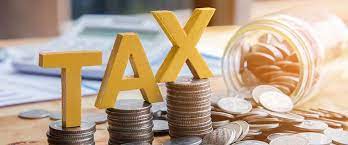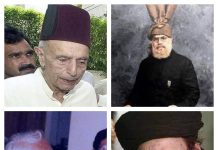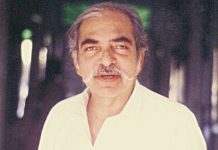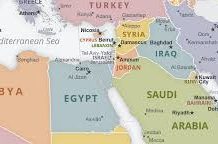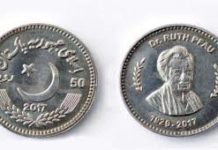Web Desk
Pakistan’s Prime Minister Shehbaz Sharif has announced that the government will be imposing a 10 per cent “super tax” on large-scale industries in a bid to shore up revenues for supporting the country’s poor amid rising inflation.
High net worth individuals will also be subject to a “poverty alleviation tax”.
Those whose annual income exceeds Rs150 million will be subject to 1pc tax; for Rs200 million, 2pc; Rs250 million, 3pc; and Rs300 million will be taxed 4pc of their income, English newspaper, Daily Dawn reported.
His speech triggered a nosedive at the Pakistan Stock Exchange, as its benchmark KSE-100 index saw a sharp 2,053-point drop before trading was halted. As of 12:00pm, it stood at 40,663.62, down 4.81 per cent.
Finance Minister Miftah Ismail later clarified on Twitter that the “super tax” is a “one-time tax needed to curtail the previous four record budget deficits”. He elaborated further in his speech in the National Assembly, where lawmakers had gathered to conclude the budget session.
In the address today, the premier took the nation into confidence over what he described as “tough” budget decisions. He said that the coalition government made “courageous” decisions to protect the country from “serious dangers”.
He recalled that the government had two options when it first came to power: call fresh elections or take tough decisions and tackle the sinking economy. “It would have been very easy to leave the public in crisis and become silent spectators like others.”
And despite the challenges, the prime minister pointed out, the government chose the latter.
He said history had witnessed that in difficult times, it was the poor who always made sacrifices. “Today, it is time for the affluent citizens to do their part. It is their turn to show selflessness. And I am confident that they will contribute fully to play their part.”
He said the institutions whose job was to collect taxes should take from the rich and give to the poor. He, however, lamented that the “big ones” evade paying taxes.
The prime minister said it was the collective responsibility of the state — including the PM — that tax money went to the national treasury. “We have been unsuccessful in this so far,” he added.
PM Shehbaz said: “It is never too late. Right after the budget [is passed], teams have been formed to go all out to collect taxes. Assistance will be sought from all constitutional institutions and we will employ modern technology and digital tools [for the purpose].
PM Shehbaz said the steps taken in the budget were designed to ease the burden on the poor. “As for the classes who are blessed, today, this nation is demanding of them to also work hard, to come forward and to make Pakistan prosperous and progressive,” he added.
The premier called on the wealthy to “distribute” some of their wealth and “relive the memory of Ansar-i-Madina”. “This is your responsibility, and the nation demands it of you,” he said.
He said it was his belief that the steps that were taken now would not only add to Pakistan’s treasury but would also bring ease to the poor and make Pakistan economically self-reliant.
The prime minister said by taking from those “who Allah has blessed”, education, health, roads, IT development could be buttressed. “To further nurture the nation, resources are needed,” PM Shehbaz added.
He added that if the amount was not collected for the country’s needs, “we will have to take loans”.
Referring to his predecessor Imran Khan’s “shackles of slavery” remarks, PM Shehbaz said economic stability and economic freedom were the only true ways the “shackles of slavery would be broken”.
“This is what we call self-reliance, without which no nation can have independence,” he added. He lamented that the country was a nuclear power but economically “we are still infirm and weak”.
PM Shehbaz made another appeal for a “grand national dialogue” and his charter of economy. He said if the country did not bicker among themselves and “fight to end poverty, to end a life of debt, to stabilise Pakistan’s economy, the country wouldn’t be in the position it is in.
“But it is never too late. Today we have to demolish the walls of poverty, unemployment and hatred. We have to give birth to flowers of love and end thorns. This is only possible through a grand national dialogue and charter of economy.
“When the nation is united and will stick to its mission, whatever govt comes and goes, Pakistan’s conditions will change soon.”


